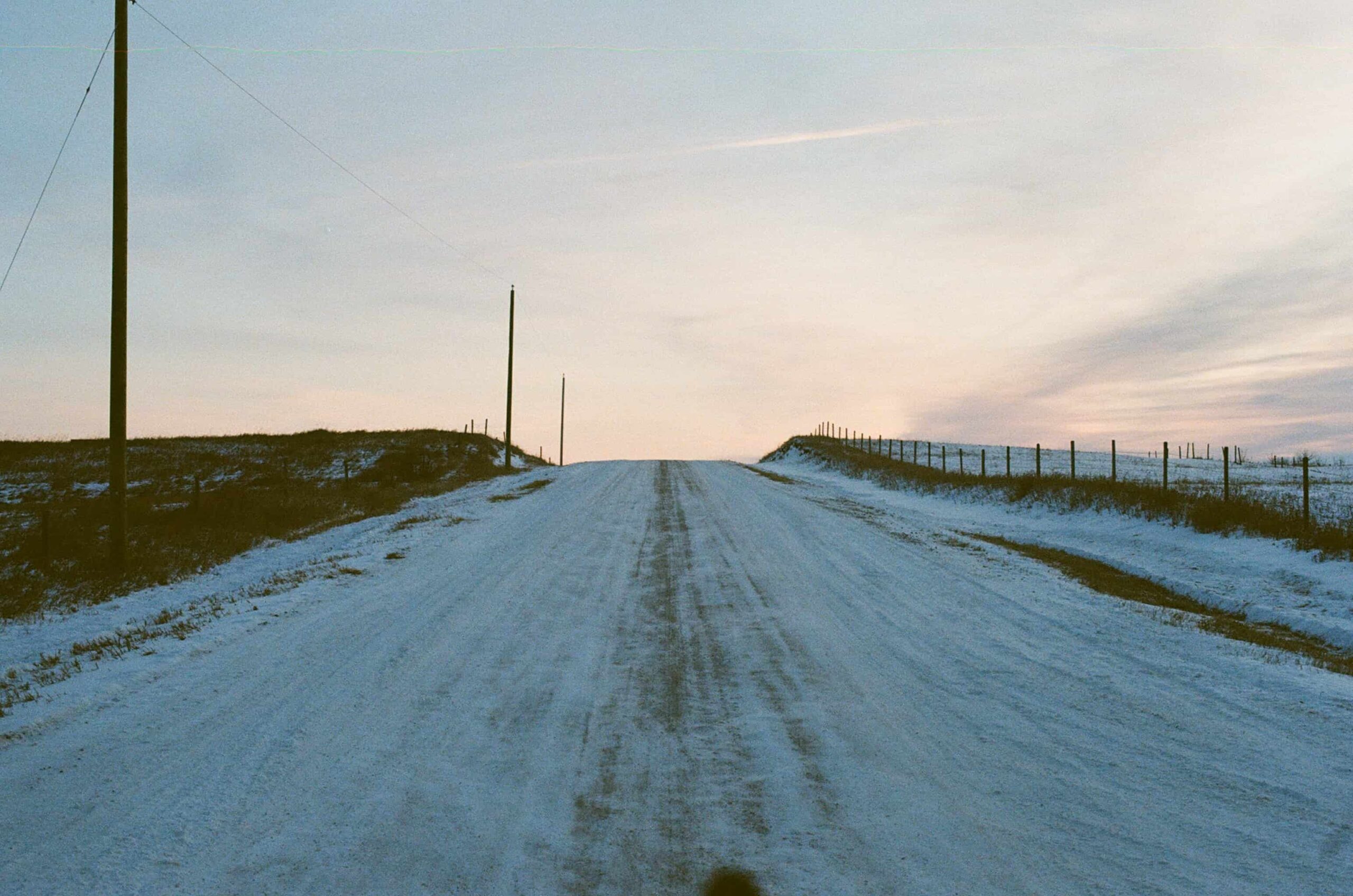- About
- Research
-
-
- Special Reports & Features
- Pretendians and Publications: The Problem and Solutions to Redface Research
- Pinasunniq: Reflections on a Northern Indigenous Economy
- From Risk to Resilience: Indigenous Alternatives to Climate Risk Assessment in Canada
- Twenty-Five Years of Gladue: Indigenous ‘Over-Incarceration’ & the Failure of the Criminal Justice System on the Grand River
- Calls to Action Accountability: A 2023 Status Update on Reconciliation
- Data Colonialism in Canada’s Chemical Valley
- Bad Forecast: The Illusion of Indigenous Inclusion and Representation in Climate Adaptation Plans in Canada
- Indigenous Food Sovereignty in Ontario: A Study of Exclusion at the Ministry of Agriculture, Food & Rural Affairs
- Indigenous Land-Based Education in Theory & Practice
- Between Membership & Belonging: Life Under Section 10 of the Indian Act
- Redwashing Extraction: Indigenous Relations at Canada’s Big Five Banks
- Treaty Interpretation in the Age of Restoule
- A Culture of Exploitation: “Reconciliation” and the Institutions of Canadian Art
- Bill C-92: An Act respecting First Nations, Inuit, and Métis Children, Youth and Families
- COVID-19, the Numbered Treaties & the Politics of Life
- The Rise of the First Nations Land Management Regime: A Critical Analysis
- The UN Declaration on the Rights of Indigenous Peoples in Canada: Lessons from B.C.
- View all reports.
- Special Reports & Features
-
-
- Yellowhead School
- The Treaty Map
- LIBRARY
- Submissions
- Donate
In June 2020, Canada passed the United Nations Declaration Act (UNDA). It was an accomplishment for the generation of Indigenous activists that fought for the 2007 United Nations Declaration on the Rights of Indigenous Peoples and its domestic implementation. At the same time, the legislation was met with ambivalence by Indigenous communities. Especially because Canada gave itself years to develop an “action plan” on figuring out how to make the legislation work. And yet, here we are, with the announcement of a draft action plan last week.
The draft includes 101 “actions” for implementing the UNDA legislation and the Declaration more generally. It is worth noting that this is yet another in Canada’s reconciliatory lists: the TRC’s 94 Calls to Action, the MMIWG Inquiry’s 231 Calls for Justice, and now these 101 UNDA Actions.
Canada is like the Buzzfeed of reconciliation. Except the country is really bad at crossing things off the lists.
So what is in the new one, this UNDA Action Plan? Turns out it’s mostly initiatives already in progress but a few surprises, too.
Action Fractions
The UNDA 101 is actually somewhat unique in approach because each of the actions assigns departmental responsibility. In keeping with successive Liberal government’s “whole-of-government” philosophy, nearly all 101 has an assigned Minister tasked with undertaking the work. Or rather, these 101 are the actions that Minister’s volunteered to take on. Not surprisingly Indigenous Services, Justice Canada and Crown-Indigenous Relations have the bulk of the actions. Meanwhile, in a testament to its stubborn nature, the RCMP has signed up for a single task.
There are a range of other commitments, divided not only by department but theme (environment, justice, lands, employment, etc) and also Indigenous group. Keeping with the “distinctions-based approach” (another Liberal hallmark) there are actions exclusively for First Nations, Metis and Inuit. The Inuit section is not yet complete. Likely because Inuit leaders would not support the Federal Government’s target to have the draft action plan completed before the AFN Special Chiefs Assembly next week.
The vast majority of the actions reflect work already underway, such as creating Indigenous healthcare legislation (#6-7), supporting conservation initiatives like the Indigenous Guardians program (#41), self-government for Metis (#97), and so on. There is actually very little new here and in some ways, the draft Action Plan resembles an internal government tracking document of all the federal Indigenous policy, programs, legislation and initiatives.
That being said, there are a few innovations.
According to the United Nations North American Expert Mechanism on the Rights of Indigenous Peoples, Dr. Sheryl Lightfoot, there are two elements of effective UNDRIP implementation that have been missing in Canada: consent protocols and monitoring bodies. Both are included here.
UNDA Action #31 commits Canada to developing guidelines for free, prior and informed consent regarding natural resource projects. Meanwhile, Action #20 commits to an “Indigenous rights monitoring, oversight, recourse or remedy or other accountability mechanism.” (The TRC and MMIWG Inquiry separately called for something similar and those initiatives are in progress. How will they intersect with this proposal?).
Notably, these two Actions do not yet have departmental leadership.
Implementation Blues
As is typically the case with reconciliation initiatives, implementation is where good intentions go to die. We are familiar with this trend from such classics as historic and modern treaties and the aforementioned TRC and MMIWG Inquiry. The UNDA 101 likewise does not yet have an implementation plan. Instead, each of these Actions will be considered in consultation with Indigenous leadership and prioritized into short, medium and long term. That work will come sometime down the road.
One of the greatest challenges facing the UNDA action plan is the key legal obligation in the UNDA legislation to “take all measures necessary to ensure that the laws of Canada are consistent with the Declaration.”
Canada has so far pledged to amend the Interpretation Act to include a non-derogation clause regarding Indigenous rights (basically a way of saying that nothing in new laws will infringe on Indigenous rights). But aside from that, there appears to be little to bring laws into alignment. There is no “decolonizing committee” once imagined by Jody Wilson-Raybould, nor any joint committees, as in the case of the long-fraught B.C. UNDRIP legislation.
In fact, the UNDA action plan recognized that not all pieces of legislation will be brought into alignment. Action #21 and #85-87 speak to the inconsistency between UNDRIP and the Indian Act, the Action Plan stating, “the Indian Act is a colonial-era law designed to exert control over the affairs of First Nations, and as such, the Act will never be fully aligned with UNDA.” At least not until it is repealed. Interestingly, there are numerous references to consultation to begin again the work of “dismantling” the Indian Act.
In sum, implementation of the UNDA actions is TBD.
The Reconciliation Decade?
It has now been eight years since the first Liberal Government led by Justin Trudeau was elected. In that time there have been more changes to Indigenous law and policy than at any time since Confederation. Liberals have been exceptionally active in the transformation of the machinery of government, legislative and policy development, and relationship reform. Despite that, there is a sense of stasis. What have we really accomplished in the reconciliation decade as it nears the close?
Like the Calls to Action and the Call for Justice before them (we can include RCAP, Manitoba Justice Inquiry, the Ipperwash Inquiry, and on, and on), the UNDA Actions represent either potential to improve the collective relationship or even more cynicism among communities of Indigenous people tired of checking reconciliation’s lists.



